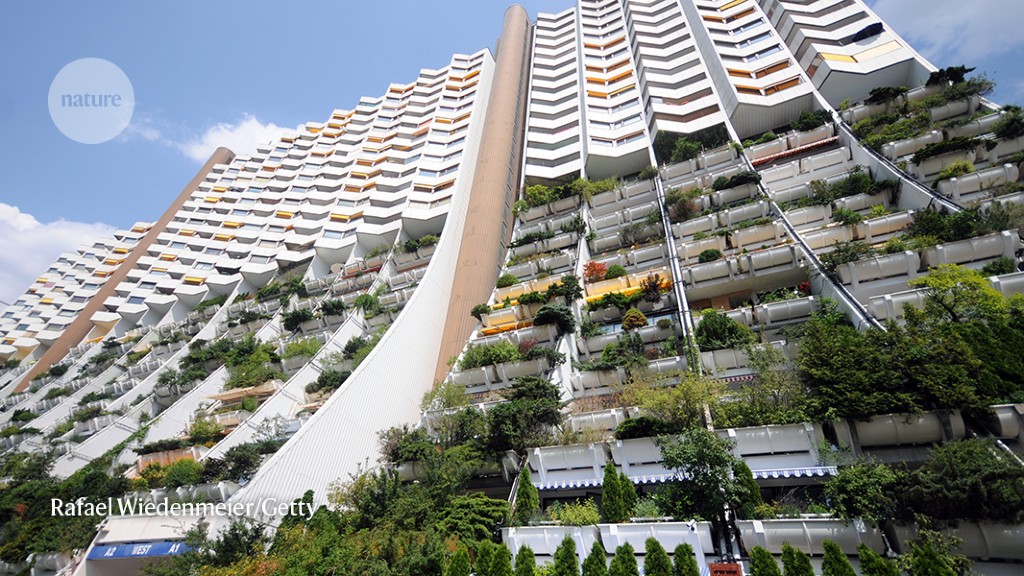Sublime
An inspiration engine for ideas
Toch kom je een heel eind met al dat gedogen, decentraliseren, polderen en festivaliseren. Al meer dan vijf eeuwen behoort Nederland tot de gelukkigste samenlevingen ter wereld. Nog steeds presteren we opmerkelijk goed. Dit kleine land staat in de top-5 van de meest concurrerende economieën en kent een hoge arbeidsparticipatie. Nergens komt méér
... See moreHerman Pleij • Moet nog steeds kunnen (Dutch Edition)
Engels vroeg zich hardop af of het überhaupt wel was aangetoond dat een groeiende bevolking per definitie op harde grenzen stoot. Engels had het op dat moment over de landbouwopbrengsten die het volgens Malthus telkens weer af zouden leggen bij een toenemende bevolking. ‘Zonder meer’, schreef Engels, ‘neemt de bevolking toe terwijl de omvang van
... See moreRalf Bodelier • Lang leve de mens (Dutch Edition)
Europe, industrialized parts of Asia, and sub-Saharan Africa, more than 20 percent of food is simply thrown away, allowed to rot, or otherwise wasted. In the United States, it’s 40 percent. That’s
Bill Gates • How to Avoid a Climate Disaster: The Solutions We Have and the Breakthroughs We Need
We maken dus meer met minder en dit verschijnsel blijkt een naam te hebben. Het heet ‘ontkoppeling’. Steeds vaker ontkoppelen we onze stijgende welvaart van het gebruik van bijvoorbeeld metaal, cement en olie. Wie weet staan we aan de vooravond van een ‘ontkoppelingseconomie’. Een economie die minder is aangewezen op natuurlijke hulpbronnen.
Ralf Bodelier • Lang leve de mens (Dutch Edition)

By these calculations, the world first reached its limits in 1986.
Juliet B. Schor • True Wealth: How and Why Millions of Americans Are Creating a Time-Rich,Ecologically Light,Small-Scale, High-Satisfaction Economy
Few people today would recognize the name Norman Borlaug, but it was his research that helped kick off what has come to be known as the “Green Revolution.” An American agricultural scientist in the 1940s, Borlaug began researching high-yielding varieties of wheat in Mexico. He was tasked with using modern plant-breeding techniques, including
... See moreSubstack • Defying Malthus
According to the FAO, the world loses almost half of all root crops, fruits, and vegetables, about a third of all fish, 30 percent of cereals, and a fifth of all oilseeds, meat, and dairy products—or at least one-third of the overall food supply.
Vaclav Smil • How the World Really Works: The Science Behind How We Got Here and Where We're Going
We can’t alleviate our space problem by adding another spaceship called ‘Mars’. Not for a long time, at least. We’re left with three options: adopt diets that use less land; reduce waste so we don’t use land needlessly; or increase food production per unit of area. Only… we don’t get to choose.